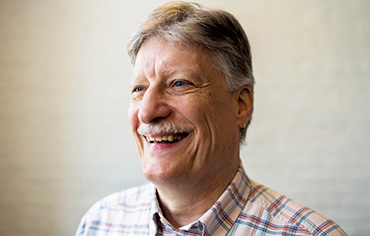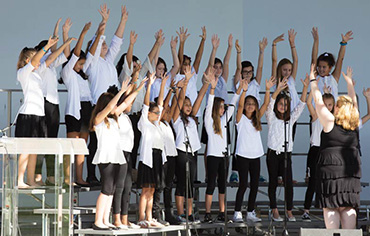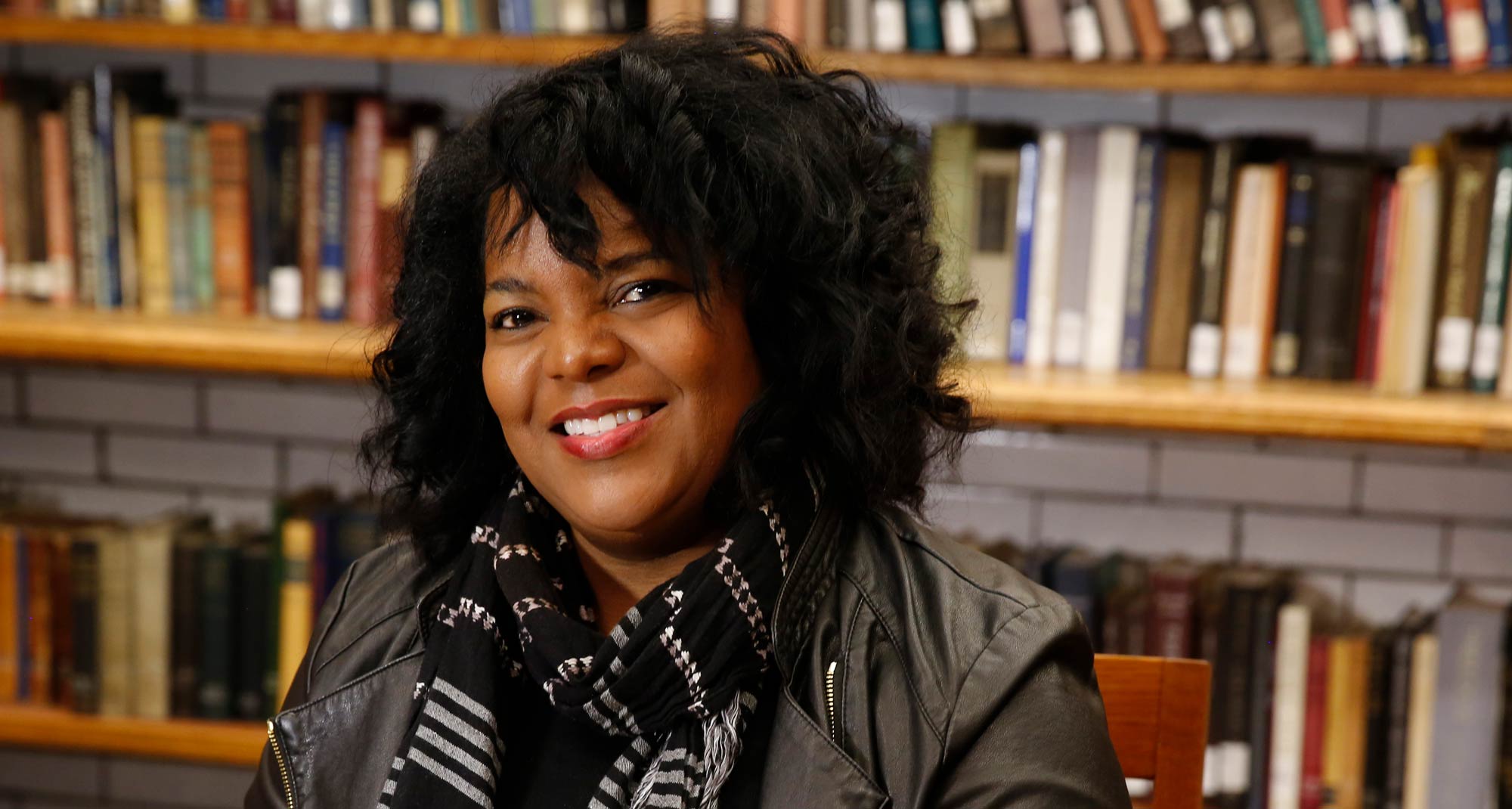What is the power of storytelling?
“Tell me a story” might be the oldest request in the world.
From the time we could speak, we’ve told stories. From the time we could hear, we’ve craved them. With the glow of a campfire on our faces, we listen with rapt attention to stories about acquiring food and shelter. And later when those needs are met, we crave stories about ourselves, our deeds of daring and bravery and the myriad ways we attempt to conquer the harshness of our world.
The tales of how we navigate the vicissitudes of everyday life and loss become vital to us. From the sum of those stories, we create our lives and our identities. We are the stories we know and the stories we tell. Though they are not always flattering, not always comforting, they always help us to question our assumptions and ponder our truths.
At the heart of those narratives is the belief that we matter and belong in this world. This investigation can be frightening, but the mission of the university is to ask the questions that push us closer and closer to understanding. We ask the questions in art and science, in math and engineering that further our knowledge and prepare the way for the next generation of thinkers whose stories build on ours.
In time the stories of our lives become richer and deeper. We believe with renewed vigor that wanting knowledge does not impede our progress or deny our history, but brings us closer together as fellow seekers, believers and dreamers. So we keep asking our questions and telling and retelling our stories like our lives depend on them. Because they do.
Related Content

A New Translation
Ben Wright, professor of religion studies, studied 23 Greek manuscripts that purport to tell the story of Aristeas, an official of Ptolemy II Philadelphus, a Greek monarch of Egypt in the third century BCE. His research is part of a forthcoming book—the first full-length commentary on Aristeas, an official of Ptolemy II Philadelphus, a Greek monarch of Egypt in the third century BCE. His research is part of a forthcoming book—the first full-length commentary on Aristeas—that provides a new translation and comments on the text, setting out what the Jewish author was trying to accomplish with this story.

Expanding Arts Education
The John F. Kennedy Center for the Performing Arts has chosen Bethlehem as the 24th site—and the first in Pennsylvania—for its Ensuring the Arts for Any Given Child program. The program aims to ensure access and equity for K-12 standouts. Lehigh’s Zoellner Arts Center will lead the four-year collaboration, and will include community partners in developing a strategy for in-school arts education tailored to the needs of the Bethlehem community.



